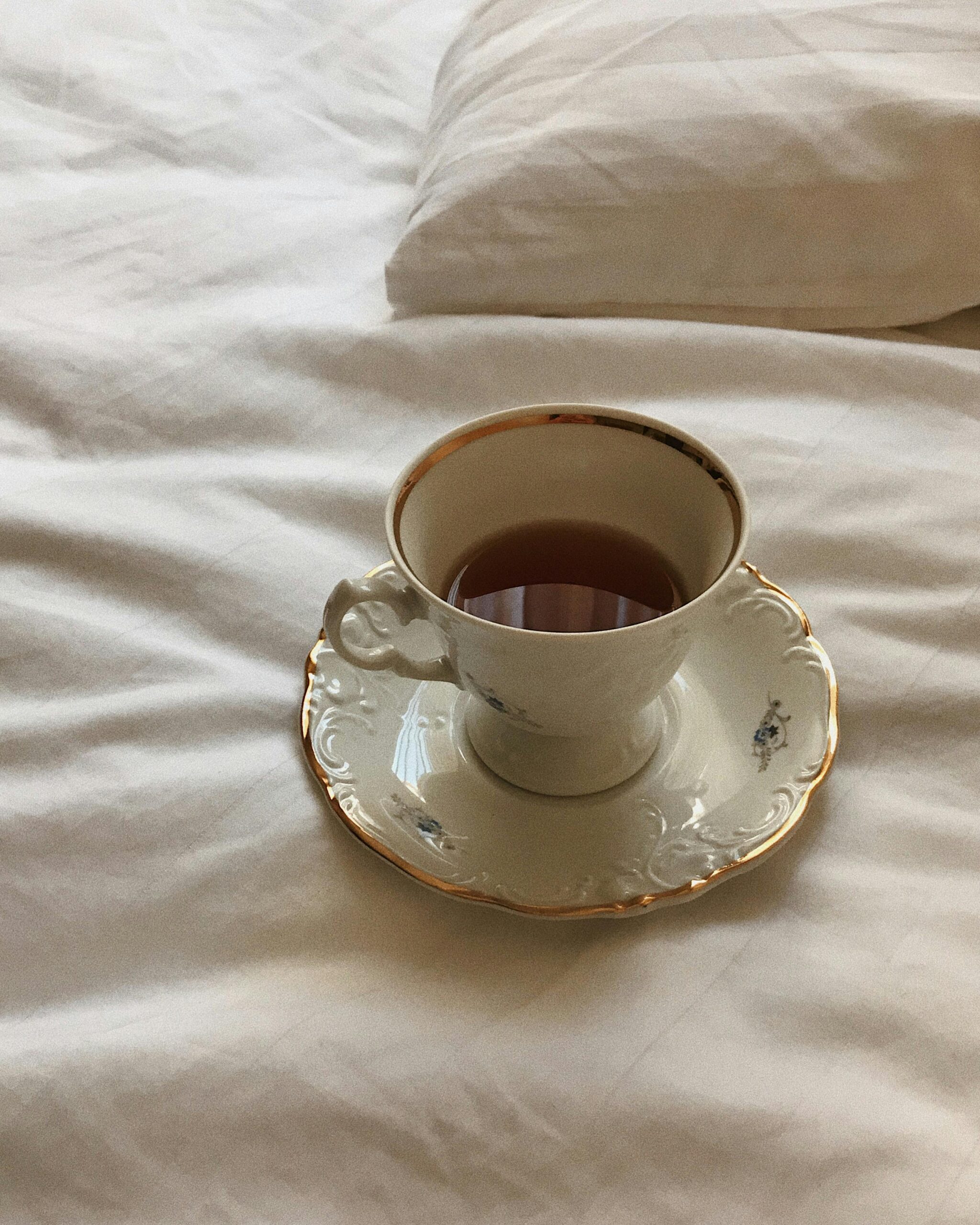How Drinking Herbal Tea Before Bed Improves Sleep Quality
Ah, bedtime! That magical hour when we finally get to trade our daily hustle for a cozy blanket and a good night’s sleep. But what if I told you that a simple cup of herbal tea could be the secret ingredient to transforming your nightly routine? Yes, you heard it right! Let’s dive into the soothing world of herbal teas and discover how they can elevate your sleep quality—without a prescription or a side of grogginess.
The Science of Sleep: Why It Matters
Before we get into the delightful brews that can help you drift off into dreamland, let’s take a moment to appreciate why sleep is so crucial. Sleep is like that unsung hero in your life, quietly working behind the scenes to help your body recover and rejuvenate. It plays a vital role in everything from cognitive function to emotional regulation. Lack of sleep? Well, that’s like trying to drive a car with no gas—good luck getting anywhere!
Herbal Tea: Nature’s Sleep Aid
Now, let’s talk about herbal tea. Unlike your regular black or green tea, herbal teas are typically caffeine-free, making them the perfect bedtime companion. They’re infused with a variety of herbs, flowers, and even spices—each with its unique benefits. Imagine sipping on something warm and fragrant that not only tastes great but also helps you unwind. Who wouldn’t want that?
Top Herbal Teas for Sleep
Ready to brew your way to better sleep? Here are some herbal teas that are particularly effective at promoting relaxation:
- Chamomile Tea: Often hailed as the queen of sleep, chamomile is renowned for its calming properties. It contains antioxidants that may promote sleepiness and reduce insomnia. Plus, it has a lovely floral flavor that can transport you to a tranquil garden.
- Lavender Tea: If you’ve ever caught a whiff of lavender, you know how instantly relaxing it can be. This herb’s aroma has been shown to reduce anxiety and improve sleep quality. Brew a cup, close your eyes, and let the scent whisk you away to a peaceful meadow.
- Valerian Root Tea: This potent herbal remedy has been used for centuries to treat insomnia. Valerian root works by increasing the levels of a neurotransmitter called GABA in the brain, which helps calm your mind. Just be warned: it has a rather earthy taste, so consider adding a touch of honey!
- Passionflower Tea: This exotic flower not only looks beautiful but also serves as a natural sedative. Passionflower tea can help decrease anxiety and improve overall sleep quality. It’s like a warm hug in a cup.
- Peppermint Tea: While it’s often associated with digestion, peppermint can also help relax your muscles and calm your mind. The cool, refreshing flavor is perfect for winding down after a long day.
Creating Your Perfect Bedtime Ritual
Now that you’re armed with the knowledge of which herbal teas can help you sleep, it’s time to craft your bedtime ritual. Think of it as your personal invitation to unwind. Here’s a simple step-by-step guide:
- Set the Mood: Dim the lights, cozy up your space, and maybe light a candle (safely, of course!). Create an environment that whispers relaxation.
- Choose Your Brew: Pick one of the herbal teas mentioned above. Experiment a little! You might find that you love the floral notes of chamomile one night and the earthy tones of valerian the next.
- Mindful Sipping: As your tea brews, take a moment to breathe deeply. Inhale the fragrant steam and let the worries of the day melt away. Sip slowly and savor each warm mouthful.
- Reflect: Consider journaling or meditating for a few minutes while you enjoy your tea. This can help clear your mind and signal to your body that it’s time to wind down.
- Embrace the Darkness: After your tea, head to bed! Keep your room dark and cool, and avoid screens if you can. Your body will thank you.
Tips for Enhancing Your Herbal Tea Experience
To make the most out of your herbal tea ritual, here are a few extra tips:
- Timing is Key: Try to drink your tea about 30-60 minutes before bed. This gives your body enough time to absorb the calming compounds and get you ready to snooze.
- Stay Hydrated: While herbal tea is great for relaxation, make sure you’re drinking enough water throughout the day. Staying hydrated can improve your overall sleep quality.
- Experiment with Blends: Don’t hesitate to mix different herbal teas. Chamomile and lavender make a delightful duo, while peppermint and valerian can create a unique flavor profile that soothes your senses.
So, the next time you find yourself tossing and turning, consider reaching for a cup of herbal tea. It’s a simple yet effective way to invite tranquility into your bedtime routine. As you sip, let the warmth wash over you and prepare for a restful night’s sleep. After all, a well-rested you is a happier you—and isn’t that what we all strive for?


